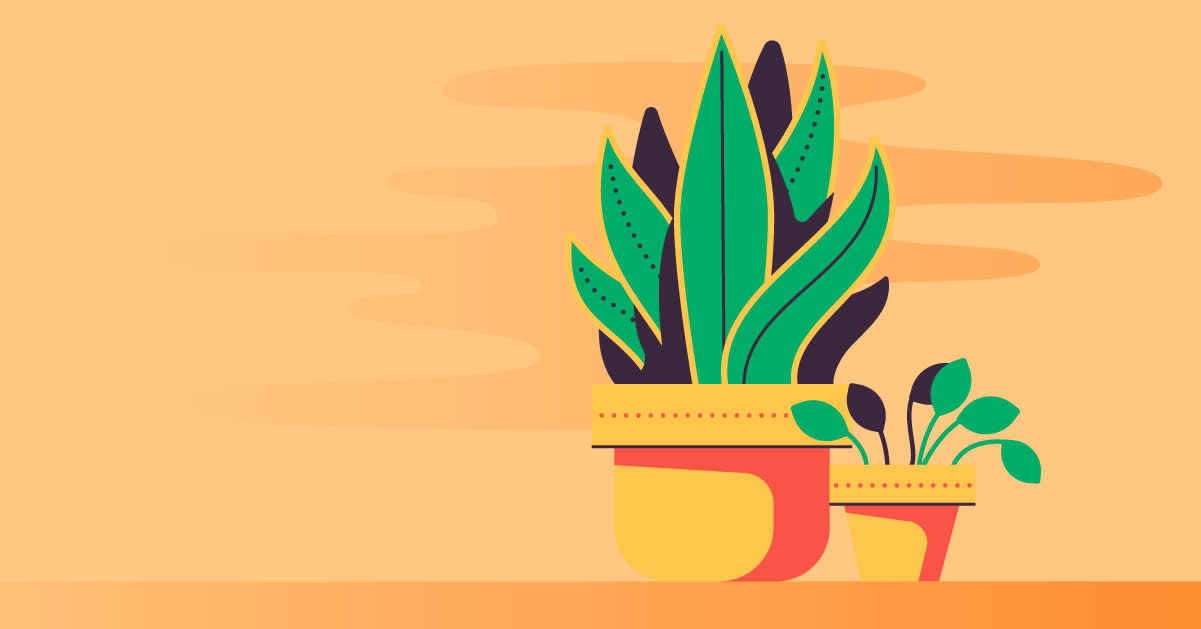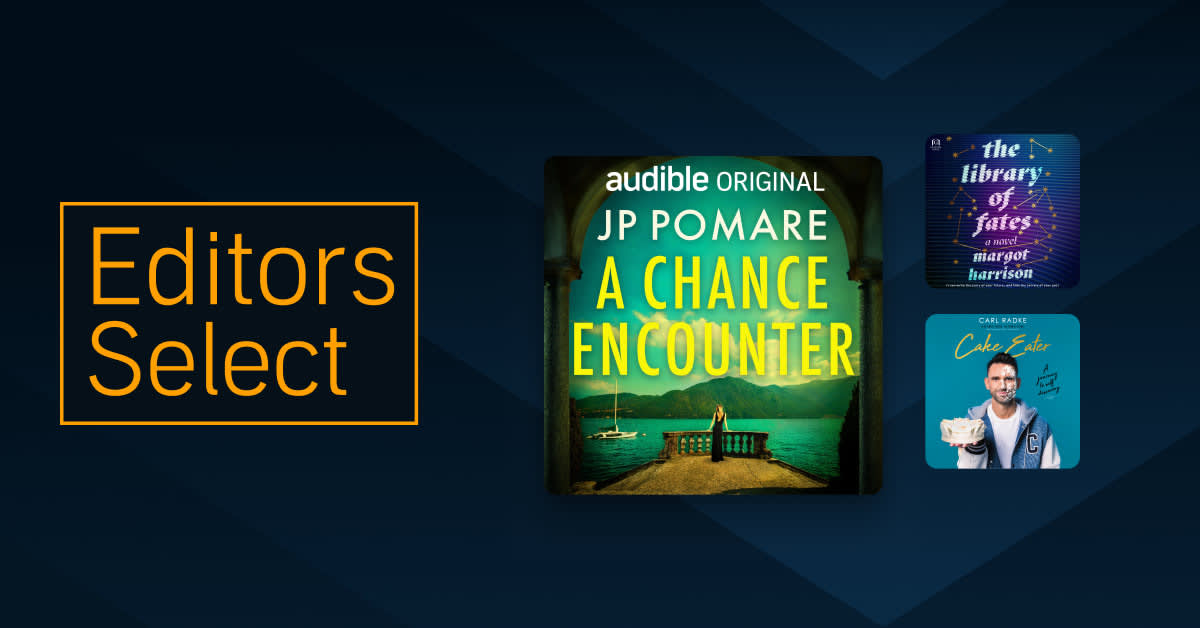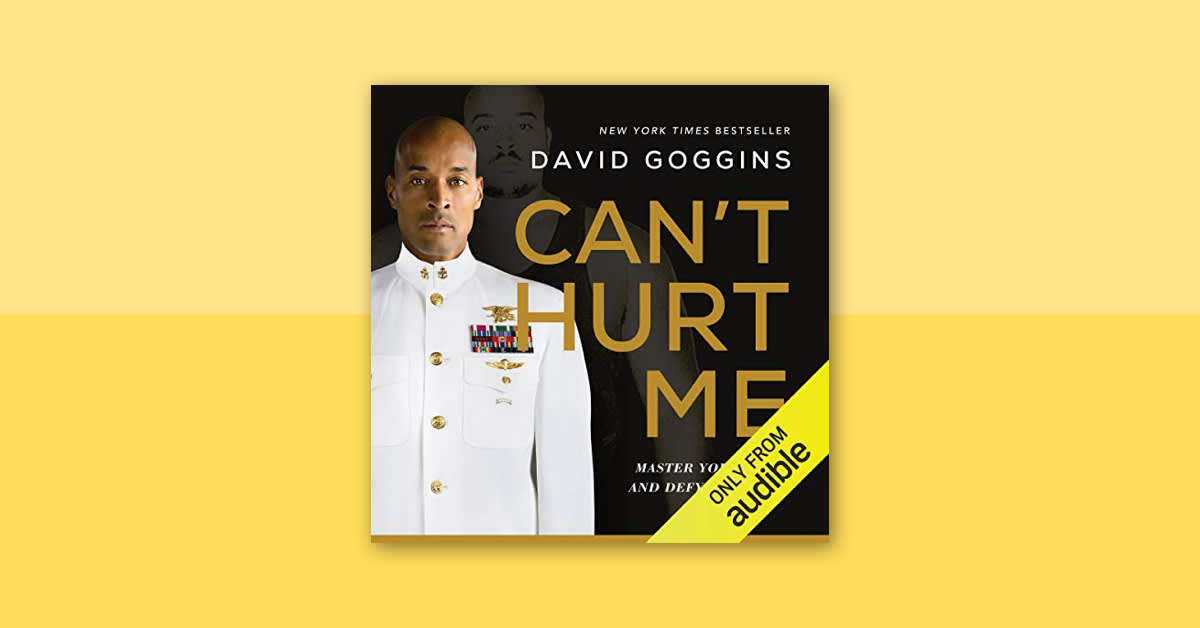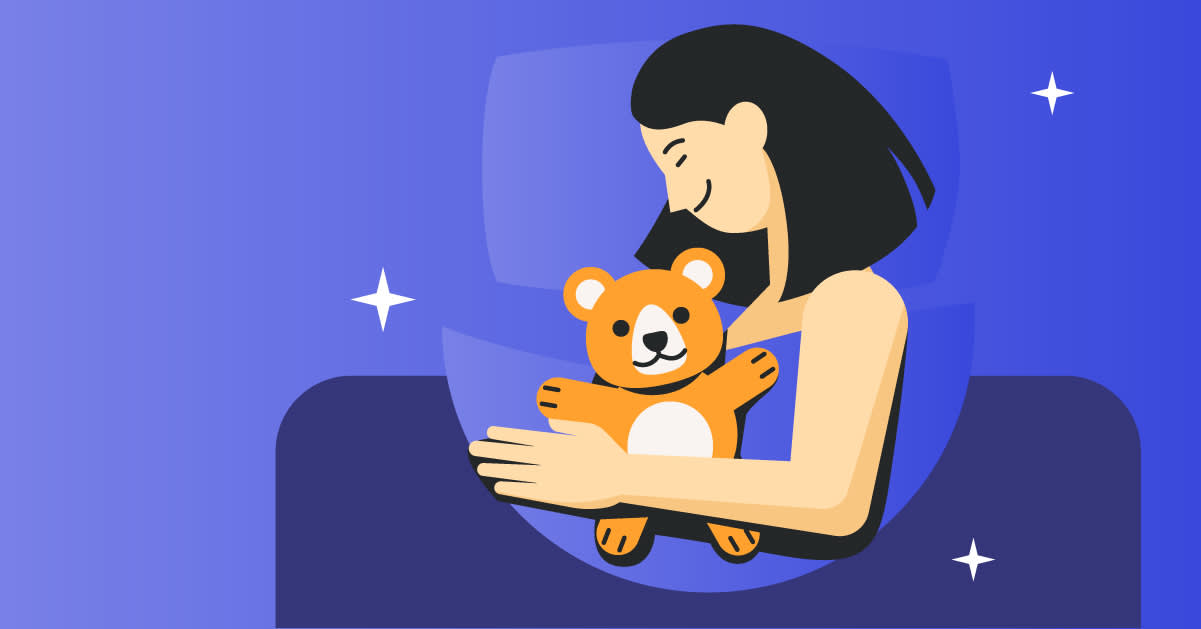Goodbye, minimalism; hello, underconsumption-core! On its surface, the latest TikTok trend seems like another newfangled word for a concept that existed long before Gen Z tacked a "-core" onto it. But underconsumption-core has a layer of socioeconomic meaning that minimalism, with its unattainable white spaces and focus on throwing things out, never did. Encouraging the thoughtful use of one’s existing possessions rather than buying new or following a single aesthetic, underconsumption-core might be just the recharge your spring cleaning needs.
So, maybe your towels don’t need to match, your pantry doesn’t need acrylic bins, and the dozens of tumblers you already own will hold your drinks just fine. In this collection, discover tips for maintaining a frugal, eco-friendly, and organised lifestyle with these listens on buying less and getting more from what you already own.
Save this list to your Library collections.
How to stop spending money impulsively, pay off debt fast, and empower yourself and the world! The no-buy year is a revolution and trend sweeping the internet and the globe. All across the world, people are realizing that retail therapy is not solving their happiness problem. Nothing they purchase brings them inner peace or bliss. In fact, overspending has caused massive debt and shame in many people. This is the easy guide to free yourself from overspending and join a growing group of like-minded people freeing themselves together...
In her late 20s, Cait Flanders found herself stuck in the consumerism cycle that grips so many of us: earn more, buy more, want more, rinse, repeat. Even after she worked her way out of nearly $30,000 of consumer debt, her old habits took hold again. When she realised that nothing she was doing or buying was making her happy — only keeping her from meeting her goals — she decided to set herself a challenge: she would not shop for an entire year. The Year of Less documents Cait's life for 12 months during which she bought only consumables: groceries, toiletries, gas for her car. Along the way, she challenged herself to consume less of many other things besides shopping...
Having less stuff is the key to happiness: Do you ever feel overwhelmed, instead of overjoyed, by all your possessions? Do you secretly wish a gale force wind would blow the clutter from your home? If so, it's time to simplify your life! The Joy of Less is a fun, lighthearted guide to minimalist living. Part one provides an inspirational pep talk on the joys and rewards of paring down. Part two presents the Streamline method: 10 easy steps to rid your house of clutter. Part three goes room by room, outlining specific ways to tackle each one. Part four helps you get your family on board and live more lightly and gracefully on the Earth...
Aja Barber wants change. In the "learning" first half of the book, she will expose you to the endemic injustices in our consumer industries and the uncomfortable history of the textile industry, one which brokered slavery, racism and today's wealth inequality, and how these oppressive systems have bled into the fashion industry and its lack of diversity and equality. She will also reveal how we spend our money and whose pockets it goes into and whose it doesn't, and will tell her story of how she came to learn the truth...
Everywhere around you are distractions: That text you respond to quickly, just to get it out of the way. The newest money-making side hustle to cross your mind. The evening spent organising your overflowing kitchen cupboards. Disruptions are the enemies of a life well lived – both the new distractions of our generation and timeless ones that have existed for centuries. They all add up to make you feel restless, tired and unfulfilled. They’re keeping you from living with joy, from accomplishing the good that only you can do. But that can change today...
We are using up the planet at almost double the rate it can regenerate. To support our economies, we're told we must shop now like we've never shopped before. And whilst we can do it more responsibly, the scale of our consumption remains the biggest factor in the ruination of the planet. Yet our reliance on stuff continues to grow. But what would our world look like if we stopped? Visiting places where economies have experienced temporary shut-downs, artisan producers, zero-consumption societies and bringing together a host of expert views, The Day the World Stops Shopping is both a deeply reported thought-experiment, a history of our relationship with consumption, and a story about the future...
In their island community, friends Liesl Clark and Rebecca Rockefeller discovered that the beaches of Puget Sound were spoiled by a daily influx of plastic items and trash washing on shore. From pens and toothbrushes to toys and straws, they wondered, where did it all come from? Of course, it comes from us — our homes, our backyards, our cars and our workplaces. And so, a rallying cry against excess stuff was born. Inspired by the ancient practice of gift economies, The Buy Nothing, Get Everything Plan introduces an environmentally conscious seven-step guide that teaches us how to buy less, give more and live generously...
In many ways, we’re more comfortable than ever before. But could our sheltered, temperature-controlled, overfed, underchallenged lives actually be the leading cause of many of our most urgent physical and mental health issues? In this gripping investigation, award-winning journalist Michael Easter seeks out off-the-grid visionaries, disruptive genius researchers and mind-body conditioning trailblazers who are unlocking the life-enhancing secrets of a counterintuitive solution: discomfort. The Comfort Crisis is a bold call to break out of your comfort zone and explore the wild within yourself...












